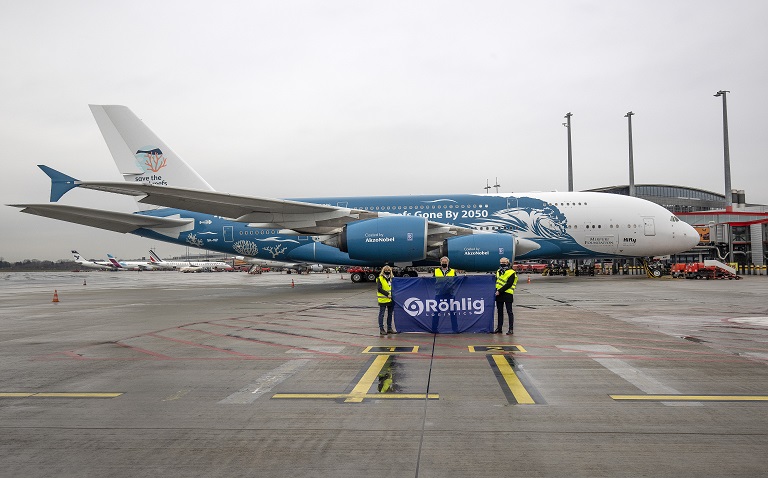The trade relationship between the UK and Australia continues to strengthen, with bilateral agreements and growing demand for goods contributing to increased activity on this vital trade route. In this article, we will explore the key trends shaping the UK-Australia trade lane, including insights into the types of goods being shipped, preferred transport methods, and the growing sectors driving trade volume.
1. Goods Moving Between the UK and Australia
The UK and Australia share a diverse trade portfolio, ranging from agricultural products to advanced pharmaceuticals. In recent years, bilateral trade has been on the rise, with total goods and services trade between the UK and Australia reaching £14.3 billion in 2023 according to the UK Department for International Trade.
UK Exports to Australia:
- Pharmaceuticals: The UK is a global leader in the production of medicines and healthcare products. In 2023, pharmaceuticals accounted for approximately £2.3 billion of the UK’s exports to Australia. This sector continues to expand as demand for UK healthcare solutions grows across the region.
- Automobiles and Machinery: With the Australian market investing heavily in infrastructure and mining, the UK’s exports of industrial machinery and vehicles have surged. Automotive exports to Australia reached £1.1 billion in 2023, driven by demand for heavy vehicles and parts.
- Alcoholic Beverages: British whisky and gin are popular in Australia, with UK alcohol exports to the country valued at £244 million in 2023, up by 12% year-on-year, indicating a growing demand for premium beverages.
Australia Exports to the UK:
- Agricultural Products: Australia’s rich agricultural output finds a ready market in the UK, particularly following the signing of the UK-Australia Free Trade Agreement in 2021. Australian exports of beef, lamb, and dairy to the UK grew by 14% in 2023, reaching £1.6 billion.
- Wine: Australia continues to dominate the UK wine import market, with £350 million in exports in 2023. Both bulk and premium wine categories are seeing increasing interest from UK consumers, driven by high-quality Australian production.
- Minerals and Natural Resources: Australia's mining sector remains a key export driver, sending coal, iron ore, and other minerals to the UK. In 2023, mineral exports grew by 10%, reflecting the UK’s reliance on Australia’s natural resources for various industries.
2. Preferred Modes of Transport on the UK-Australia Route
The long distance between the UK and Australia means businesses must select the most efficient and cost-effective methods of transport, often balancing speed, volume, and cost. The three primary modes of transport on this trade route are Full Container Load (FCL), Less-than-Container Load (LCL), and Air Freight.
Full Container Load (FCL)
FCL shipping remains the preferred option for businesses with large-volume shipments. It offers cost-efficiency and complete control over the container. In 2023, FCL shipments accounted for 55% of the total freight moving between the UK and Australia, particularly for industries such as automotive, mining, and heavy machinery.
Less-than-Container Load (LCL)
LCL shipping is ideal for businesses with smaller shipments, allowing them to share container space and reduce costs. In 2023, LCL saw a 7% increase, reflecting growing demand from small and medium-sized enterprises (SMEs) looking to optimise their supply chains without the need for full containers. Industries like pharmaceuticals, fashion, and consumer electronics frequently use LCL for flexibility and cost savings.
Air Freight
When speed is critical, air freight is the go-to solution. The demand for air freight services has increased significantly for time-sensitive and high-value goods such as electronics and luxury products. In 2023, air freight services saw a 15% growth, driven by the rising e-commerce market and the need for faster delivery times between the UK and Australia.
3. Trends in Growing Trade Volumes
Several key sectors have been contributing to increased trade volume on the UK-Australia route. With the signing of the UK-Australia Free Trade Agreement, many industries are experiencing growth due to reduced tariffs and simplified customs procedures.
Pharmaceuticals and Healthcare Products
The healthcare sector has seen the most significant growth, with pharmaceutical exports from the UK to Australia increasing by 20% in 2023. Australia’s healthcare infrastructure is rapidly expanding, creating high demand for UK-produced medicines and medical devices.
Luxury Goods and Consumer Electronics
As disposable incomes rise in both countries, the trade in luxury goods, including fashion, personal care products, and high-end electronics, is increasing. The e-commerce boom has driven demand for small, high-value shipments, contributing to the rise in air freight volumes.
Sustainable and Organic Products
Consumers in both countries are becoming more environmentally conscious, leading to a spike in demand for organic food products, eco-friendly fashion, and sustainable packaging. Exports of organic food from Australia to the UK grew by 18% in 2023, while UK exports of sustainable packaging solutions to Australia also saw notable growth.
4. The Future of the UK-Australia Trade Lane
The UK-Australia Free Trade Agreement is set to further reduce tariffs and encourage trade in sectors such as agriculture, consumer goods, and technology. Additionally, the growth of e-commerce will continue to fuel demand for faster, more flexible shipping options, especially in the air freight and LCL categories.
The rising demand for sustainable solutions also presents opportunities for businesses looking to reduce their carbon footprint in logistics. Companies that adapt to these trends will have a competitive edge in the evolving UK-Australia trade landscape.
The UK-Australia trade lane is a dynamic and growing corridor, offering opportunities for businesses in sectors like healthcare, luxury goods, and agriculture. Whether you need fast air freight for high-value goods or flexible LCL shipping, Röhlig Logistics has the expertise to help your business thrive in this important market.
Stay ahead of the treds. Contact us today to learn how we can support your shipping needs between the UK and Australia. Contact Us


